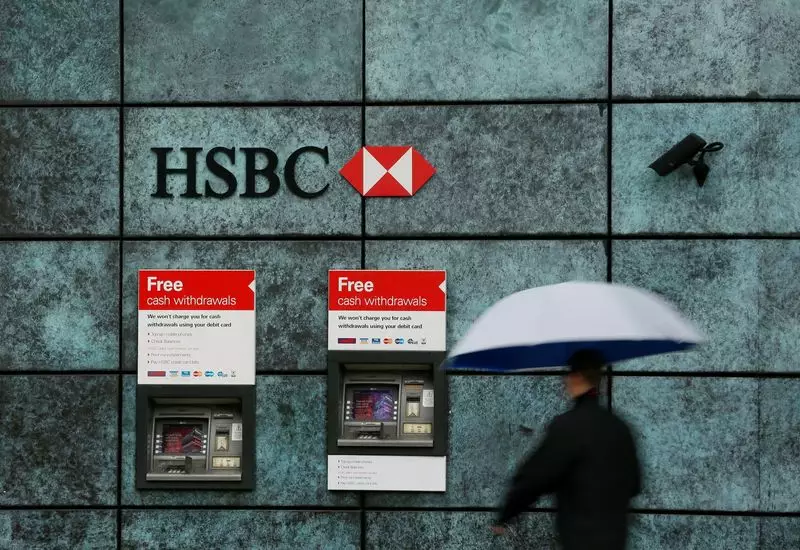In the financial realm, HSBC Holdings has made headlines with its surprise surge in third-quarter profits, which rose by 10% to reach $8.5 billion—well ahead of the anticipated $7.6 billion. This growth primarily stems from buoyant revenues in its wealth management and wholesale banking sectors. As the anticipation builds around the bank’s recent announcements regarding a strategic overhaul, stakeholders have reason to be both optimistic and cautious. An immediate market response saw HSBC’s Hong Kong shares climb 3.7%, marking a peak not witnessed since August 2018, partly fueled by the announcement of a new share buyback program worth $3 billion, following an earlier $6 billion initiative.
The results underscore HSBC’s ability to navigate a complex economic environment where interest rate fluctuations are a constant concern. The bank’s performance indicates a resilience that may not have been expected given the recent global monetary policy trends, contributing significantly to its robust quarterly earnings.
Strategic Overhaul Under New Leadership
As HSBC prepares for a transformative journey under the guidance of newly appointed CEO Georges Elhedery, expectations are mounting regarding the particulars of this restructuring plan. The bank has outlined intentions to consolidate some of its operations into a more streamlined framework, essentially bifurcating its geographic focus into Eastern and Western regions. Such a strategy is not merely cosmetic; it represents a concerted effort to boost efficiency and control operational costs—pushing back against the pressures of a continuously shifting financial landscape marked by lower interest rates.
Elhedery emphasized the urgency of these reforms, stating that implementation will commence immediately, with further insights expected in February. This forthcoming disclosure will be critical, as analysts eye the potential ramifications of the restructuring on the bank’s financial landscape, particularly in terms of cost management and scalability.
Despite the favorable earnings report, financial analysts express a need for clarity concerning the impending changes. As Michael Makdad, a Senior Equity Analyst at Morningstar, articulated, the primary focus during recent discussions has pivoted towards the structural overhaul and the potential cost-saving measures that will accompany it. While the quarterly results are promising, investors are keen to understand more about how these changes will translate into tangible benefits or cost reductions in the long run.
The market’s current optimism hinges not just on past performances but on the clear articulation of future strategies amid evolving economic signals. The maintenance of the near-term return on tangible equity goals at mid-teens for the next two years reflects the bank’s commitment to robust performance benchmarks, although the acknowledgment of volatile interest rate prospects adds a layer of uncertainty.
HSBC’s decision to declare an interim dividend of 10 cents per share poses a signal of confidence in the bank’s financial health. This payout is part of a broader strategy to assure stakeholders of the bank’s commitment to shareholder returns even as it navigates an uncertain economic environment. With previous dividends totaling 41 cents earlier in the year, this recurring benefit boosts investor sentiment amidst transformative changes.
Revenue data reveals that the bank achieved a 5% increase year-over-year, rising to $17 billion, with discernible activity in wealth management largely buoyed by fluctuation in market conditions. Volatile environments have traditionally been a harbinger of higher customer engagement levels in wealth products, indicating that HSBC’s clientele is responsive to market dynamics.
As HSBC stands on the precipice of significant restructuring, its ability to adapt to the challenges posed by lower interest rates will be vital. The anticipation surrounding the detailed rollout of strategic initiatives in February will undoubtedly influence how investors perceive the bank’s future profitability and operational efficacy. While the third-quarter results illuminate a path of promise, the success of HSBC’s overarching strategy will ultimately depend on its execution and the effective management of costs. As it embarks on this intricate journey, HSBC must not only deliver on financial expectations but also reinforce its position as a leader in the global banking sector amid persistent economic challenges.

